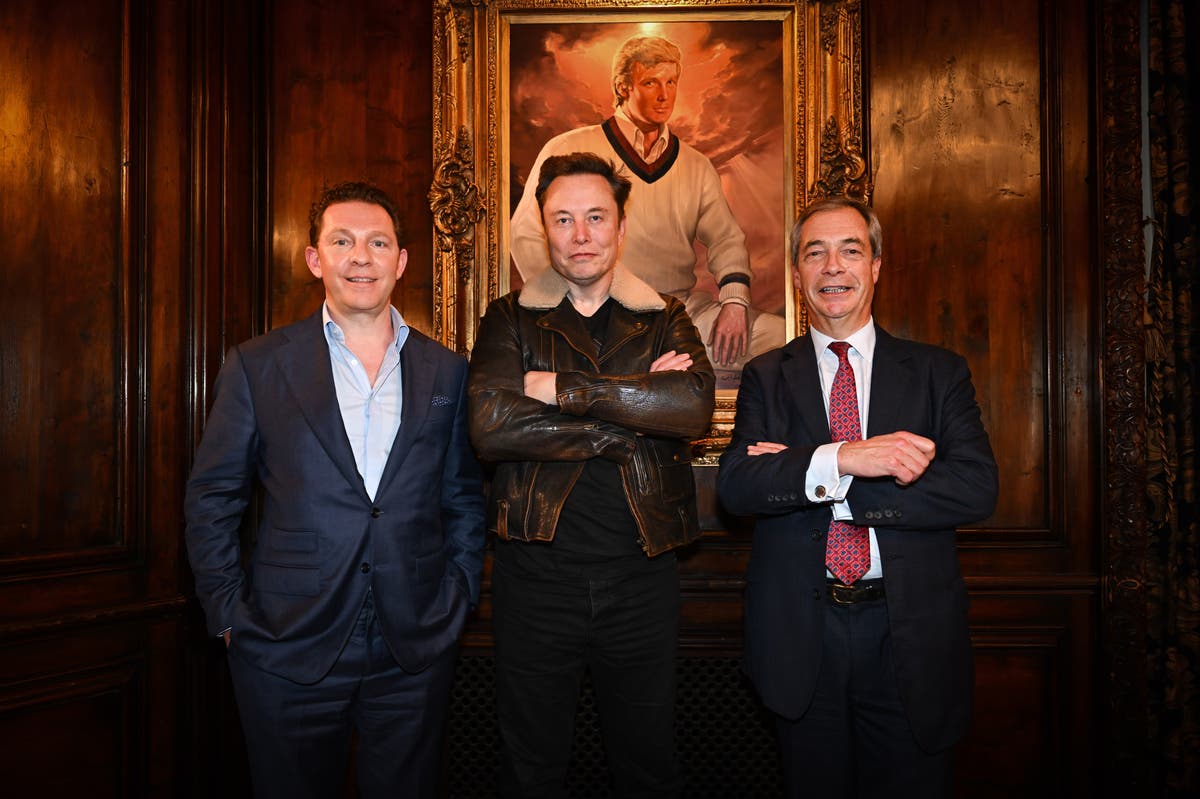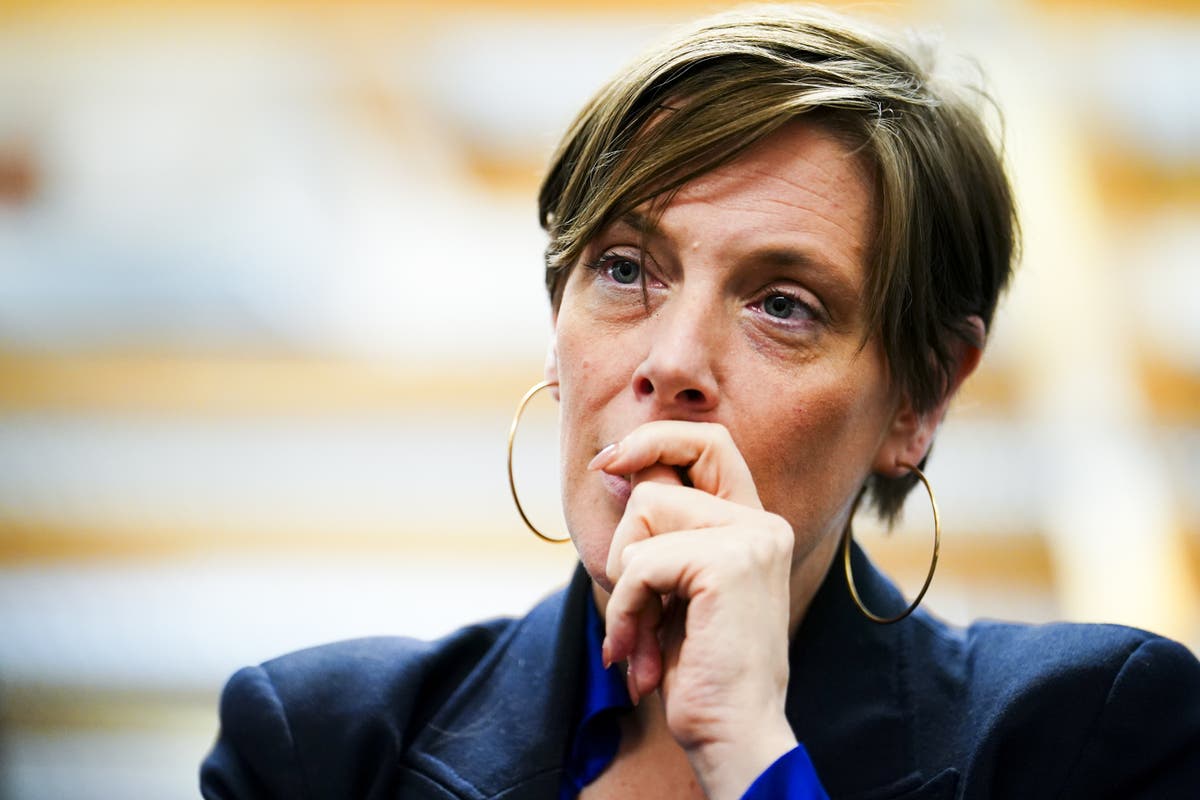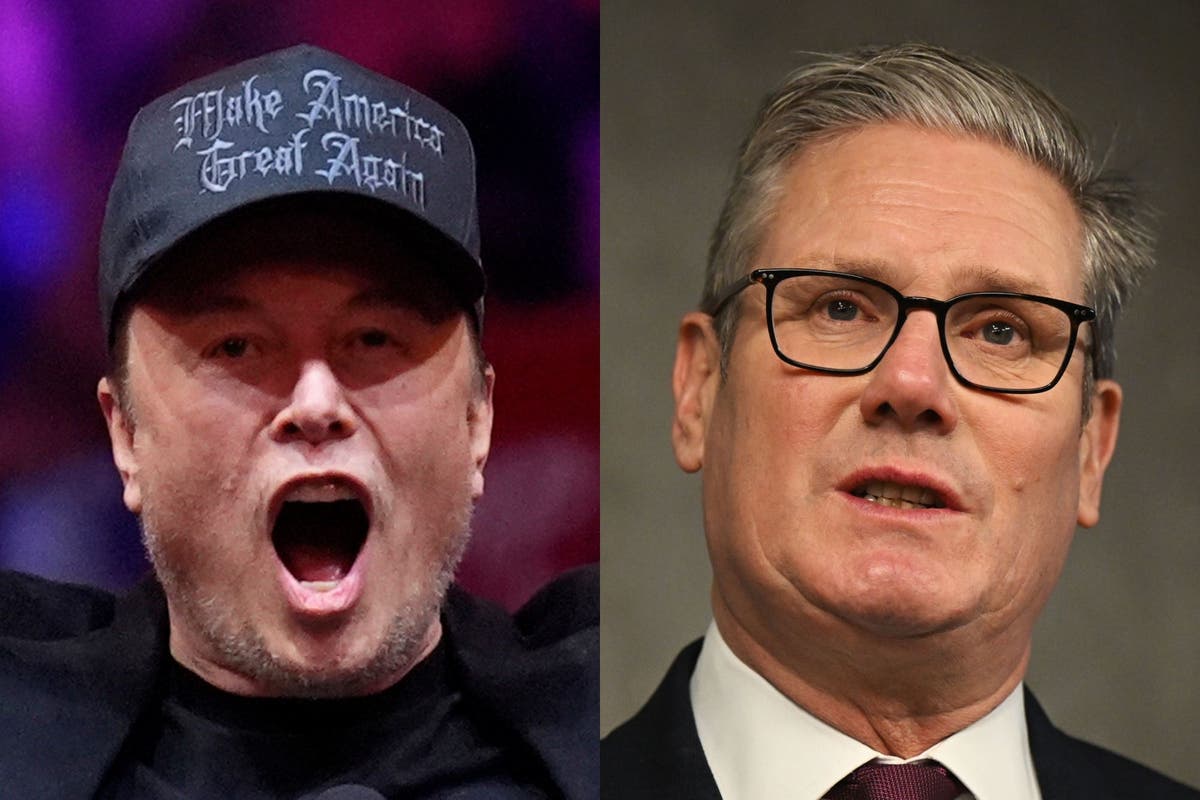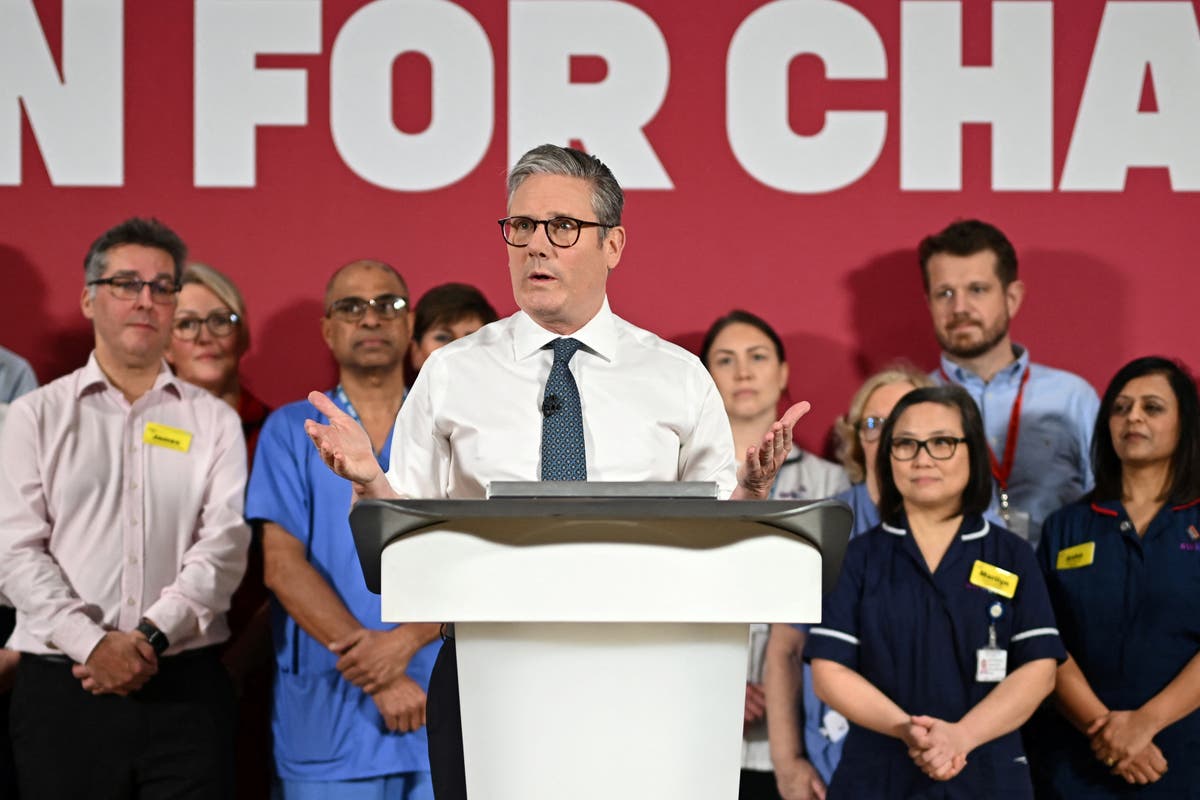Elon Musk, criticizing Nigel Farage's leadership of the Reform UK party, has ignited a public feud. The Tesla CEO, via his social media platform X, publicly declared that Farage lacks the qualities needed to lead the party, suggesting Rupert Lowe as a potential replacement.
Farage, initially praising Musk, swiftly responded with a public disagreement, stating he wouldn't compromise his principles. This dramatic turnaround follows weeks of reported collaboration between the two figures, including a meeting at Mar-a-Lago. Musk's apparent backing, and later withdrawal, of financial support for Reform UK adds another layer to the developing controversy.
The core of the disagreement appears rooted in Musk's stance on jailed far-right activist Tommy Robinson. Farage's refusal to endorse releasing Robinson from prison seems to have triggered Musk's decision to criticize Farage's leadership. Observers note the sharp contrast between their perspectives on the issue.
Musk's public statements also extended to personal attacks against Home Office Minister Jess Phillips and Prime Minister Keir Starmer, further escalating the political fallout. Farage, however, defended Musk's right to free speech, emphasizing the platform's potential for open debate.
Political analysts suggest that Musk's intervention may have unintended consequences for Reform UK's electoral prospects. The party's ability to attract support, especially with Farage potentially absent from the leadership, remains uncertain.
While Farage continues to defend Musk's free speech rights on X, he maintains that Tommy Robinson does not represent the party's values. This internal struggle threatens the party's cohesion ahead of upcoming elections.







